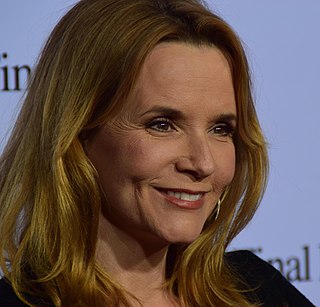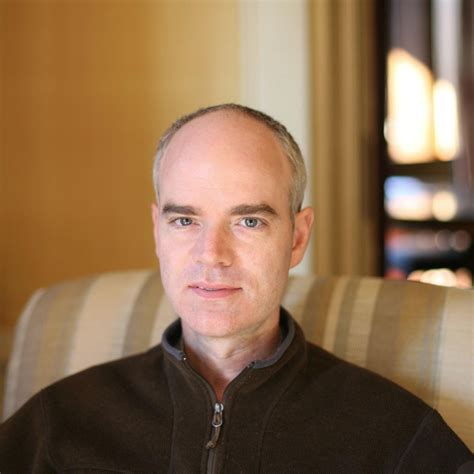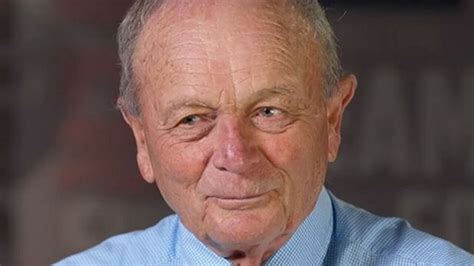A Quote by Moshe Kasher
The problem with the internet and the way that we communicate on the internet is - I mean it's obvious to everybody - but sometimes we don't stop and take a breath and think about it.
Related Quotes
Nowadays with the internet, it's an equal opportunity brutal playing field. I mean, everyone is brutal to everybody half the time. People can be unbelievably brutal on the internet, about everything. But they can also be really, really nice. The problem is that human beings like to focus on the negative sometimes, unfortunately.
Everyone should be concerned about Internet anarchy in which anybody can pretend to be anybody else, unless something is done to stop it. If hoaxes like this go unchecked, who can believe anything they see on the Internet? What good would the Internet be then? If the people who control Internet web sites do not do anything, is that not an open invitation for government to step in? And does anybody want politicians to control what can go on the Internet?
The Internet is an incredible business tool. First of all, the Internet/the cell phone - the cell phone is just another way to get at it - I think is having a huge impact in Africa most particularly, where it enables people - suddenly, they know crop prices. They can communicate. It makes their lives more efficient.
Sometimes people are so unbelievably vitriolic on the Internet because I think that everybody wants to be heard, and the easiest way to be the loudest is to be the hater. But you don't know who's behind the keyboard, and you don't really know if their complaint is about the topic at hand or if they're just bitter about something else.
The great thing about the Internet is - our show is totally modular. Every piece can be popped in and out. They're relatively short pieces. They're not long. And we can say, "here' s one way to market it. Take these pieces out of the show and put them on the Internet." And we're doing dirtier cuts and put those on the Internet. It's a real great way to market the show. This is finally the year a show like this can happen.
We don't believe it's possible to protect digital content. What's new is this amazingly efficient distribution system for stolen property called the Internet-- and no one's gonna shut down the Internet. And it only takes one stolen copy to be on the Internet. And the way we expressed it to them is: Pick one lock--open every door. It only takes one person to pick a lock. Worst case: Somebody just takes the analog outputs of their CD player and rerecords it-- puts it on the Internet. You'll never stop that. So what you have to do is compete with it.
It's a fusion of almost everything, in the way that I think society today tends to take cultural memory. Because there's an internet, it's on there forever. I think that's the way kids see the world today. They actually speak to each other using retro concepts now because the internet culture has kept that memory alive, constantly.
What I saw quite clearly in the '80s, before the internet, was that the whole world was shifting toward digital formats, and that didn't matter whether it's movies or writing or whatever. It was something that was coming. And with the invention of the World Wide Web in the early '90s, when we were teaching our first courses, or the arrival of the internet by way of the browser, which opened up the internet to everybody - soon it was just revolutionary.
A lot of association on the internet is highly constructive. There are people interacting, interchanging ideas, making plans, coordinating activities; take any of the popular movements, a lot of the organization is through the internet. We want to have a demonstration or we want to have a meeting, its done through the internet. I think that's all to the good.
The Internet goes doot-doot-doot - it goes sideways. There's nothing hierarchical about it. And the best thing about it is also the worst thing about it, which is there are no gatekeepers on the Internet. Consequently, there's a whole lot of bad information on the Internet. But I think that sorts itself out over time.


































